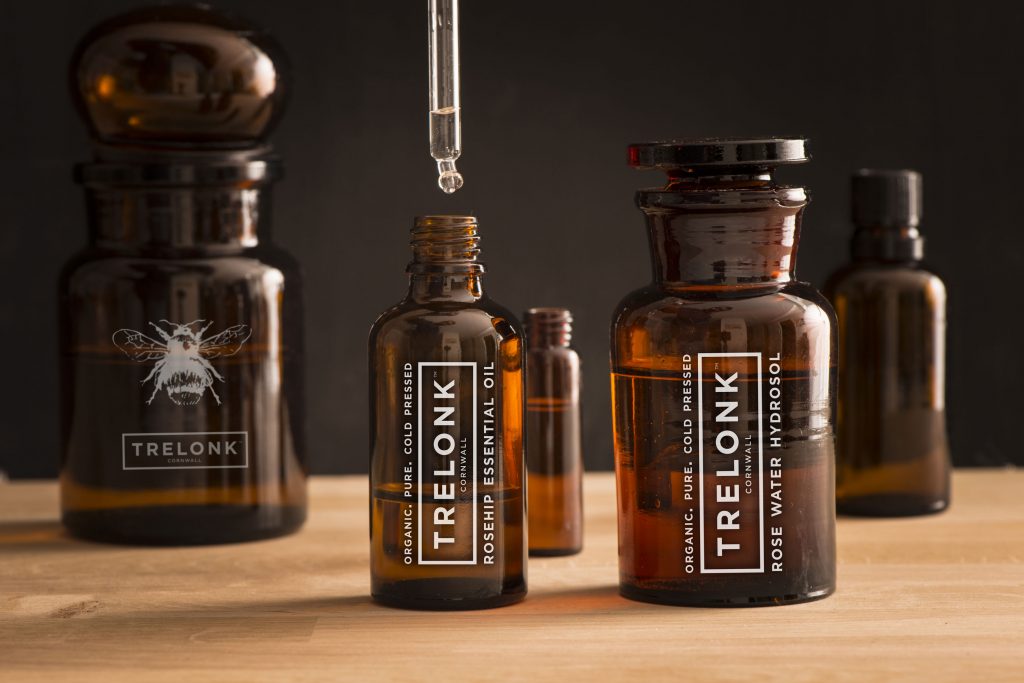The complexity of consumer demand for agricultural products is widely apparent and, in addition, is continually changing and developing. In this new age of ultra-savvy shoppers, the need has never been greater to provide the public with goods they value, and that we can be proud of.
At the forefront, driving much of this motion is climate change. Consumers are becoming more aware of their carbon footprint and are therefore seeking sustainable and environmentally friendly alternatives. At Trelonk, this issue is at the core of our values and we strive to produce environmentally responsible products which can be bought with a clean ecological conscience. Even the crops we produce have been specifically chosen to improve biodiversity and enhance the quality of our natural resources such as soil, water and air.
There is also a movement towards greater traceability of products, as people consciously examine the details of the supply chain, demanding transparency in order to make more informed decisions about their purchasing. By taking goods all the way through from production on-site, to sowing and pressing, we can offer consumers knowledge of this process in its entirety.
At Trelonk, the focus is to produce niche, nutrient-dense oilseed crops to meet the demand for naturally produced nutraceuticals and cosmetics. The nutraceutical industry has grown in popularity in recent years as scientists and doctors now focus on prevention rather than treatment, including looking to ancient homoeopathic techniques almost forgotten in the 21st century. Crops such as Borage and Hemp have been used for thousands of years to aid health and wellbeing. The benefit of these plants is well documented in ancient literature and, fortunately, becoming more prevalent in modern papers now too.
The development of the hemp industry is a dynamic example of how consumer attitudes are changing. We are no longer focusing solely on improving products like food but instead looking at less obvious ways such as building materials and packaging. Hemp provides a massive opportunity in this because it absorbs more CO2 per hectare than any forest or commercial crop. In addition, carbon dioxide is stable within the material, allowing the potential to remove large amounts of the greenhouse gas permanently from the atmosphere. With this in mind, hemp could be one of the most useful tools we have against climate change. (Image © Trelonk Ltd )






